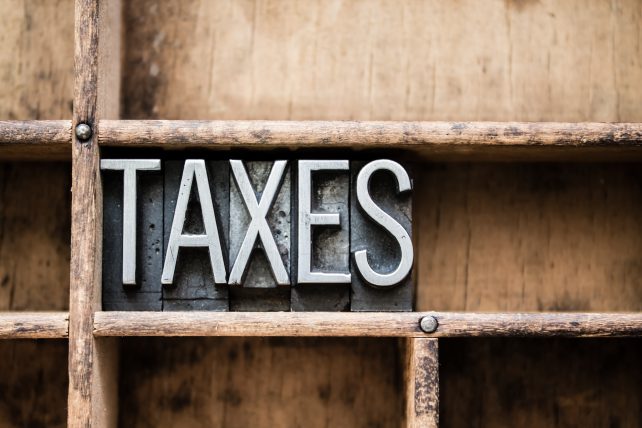Freelancer Taxes
Don’t wait until April 10th to start preparing your freelancer taxes. If you’re a freelancer, you should be getting together all of your information as the end of the year approaches. It’s likely that you’ve been paying your estimated taxes on a quarterly basis so far (you have, right?), so now it’s time for you to get together all of your deductions and credits and reconcile your books.
The Advantages to Getting Started Early
By taking a comprehensive look at your tax situation before the tax year is over, you can make some decisions that will influence your tax payments. Have you maxed out your IRA contributions? If not, you can make an IRA payment right now to save that money from being taxed. Do you have any last minute donations to complete? Any office expenditures, or equipment that needs to be purchased? The end of the year is the prime time to create legitimate deductions, because you’ll know exactly what you need, what you can afford, and how you want to affect your tax return. And if you already have enough deductions for this year, you can always put them off until the next.
Paying Your 4th Quarter Estimated Taxes
Nearly all freelancers should be paying estimated taxes on a quarterly basis rather than paying a huge lump sum at the end of the year. Not only can an annual tax payment be staggering, but it will also include penalties and late charges: taxes are supposed to be paid at least quarterly. Your 4th quarter estimated taxes (and your final tax return) gives you the opportunity to correct any errors and take any deductions that you haven’t already. Many freelancers overpay on their estimated taxes every year so that they get a refund at the end of the year; in moderation, this can be a good way to avoid under payment penalties.
Tracking Your Freelancer Income
Freelancers work for a lot of individuals. As your 1099-MISC reports start to come in, you may want to create a checklist that is based off of the 1099s you received the prior year, in addition to any new clients. But do take care: even if you don’t receive a 1099-MISC report, you’re still required to report the income. There’s a common belief that income under $400 or under $600 doesn’t need to be reported. It’s true that it does not need to be reported via a 1099-MISC (your client doesn’t have to send you one), but you still need to report the income to the IRS. Creating a checklist will ensure that nothing is missed.
Last minute tax returns can be a nightmare — especially if you find out that you don’t have the documents you need to get started. It’s always best to complete your returns as soon as possible. Remember, you need to complete an annual tax return even if you don’t owe any money to the IRS and have already completed your quarterly returns. If you want to learn more about freelancer finances and managing your career as a freelancer, consider contacting Artisan Talent today.
Other Posts You Might Like
What Do I Need to Know About Taxes?
Why Freelance Through an Agency?
Employment Contract: Freelance or Fulltime

